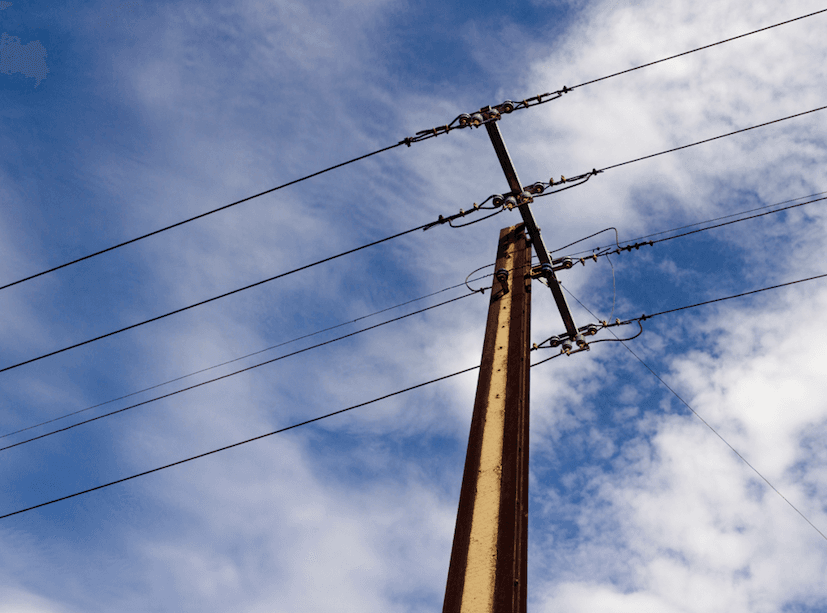Households are expected to save up to $150 every year on their power bills under the National Energy Guarantee (NEG), according to a new policy blueprint.
The final report detailing the design of the NEG, prepared by the Energy Security Board, said the energy policy would cut electricity prices in most states and territories over the next decade, The Australian reported.




